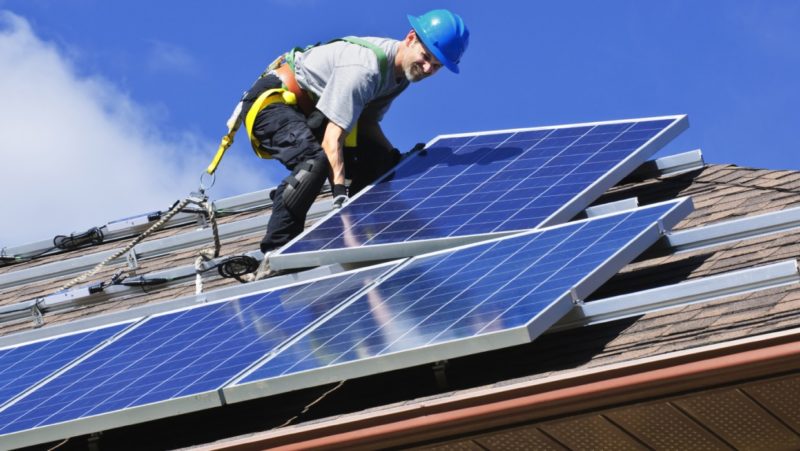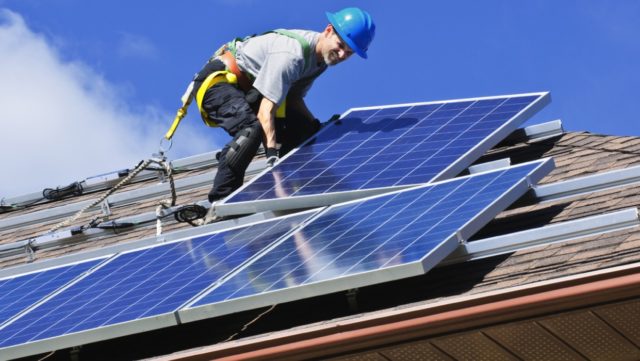The Chinese government has implemented measures, including restricting movement and extending the Lunar New Year, to help control the spread of the coronavirus, but this will put constraints on the global solar module supply chain, says research and analysis firm Wood Mackenzie.
Wood Mackenzie senior analyst in the energy transition research team Xiaojing Sun said: “It is unclear how soon the travel controls will be lifted. If they remain in place, production from Chinese manufacturers will be reduced.”
She noted that although factories on the Chinese mainland will feel the worst of the impact, overseas module assembly factories which rely on imports of items like frames, backsheets and junction boxes will also feel the brunt of the virus’ impact.
Related Stories:
JinkoSolar remains leading global solar PV exporter in 2019
US remains on China’s heels in the race to sustainability
China expands footprint in solar for space applications industry
Sun said: “Module production in south-east Asia and the US
usually carry one to two months of supplementary material inventory on-site.
“If the production
interruption in mainland China lasts longer than one month, factories in
south-east Asia and the US will start to see supply shortages that will reduce
their production output.”
NOTA BENE: Webinar 27 Feb: Managing volatility in decarbonising markets with AI
China is the
largest producer of solar modules globally, and so any potential strain could
have an impact farther afield, she said.
“Developers waiting
for module delivery from mainland China in March and April will not see the
orders delivered on time, while deliveries due late in the second quarter of
2020 are also likely to be delayed, she added.
“Late module delivery will affect project construction schedules around the world, and projects with Q3 and Q4 2020 placed-in-service dates are likely to be hit particularly hard,” the analyst said.
Wood Mackenzie noted that Asian countries including Vietnam, Malaysia and the Philippines have imposed visa restrictions on visitors from China, including workers at solar manufacturing facilities in those countries. This will in turn impact subsidiaries of Chinese module manufacturers in South-east Asia, causing a drop in module output.
Sun said: “The
supply interruption also means that potential price inflation may come earlier.
“Wood Mackenzie had
forecast that module oversupply would depress prices this year. Delays in
China, depending on their duration, would soften any price dip.
“If activity is
restored by the end of February, the impact is likely to be short-term.
“However, if
restrictions remain in place longer, then the impact on supply in China will be
significant, choking the country’s output.
“The longer strict public health measures stay in place, the more likely it is that prices will be pushed higher in the second half of 2020.”
The energy transition is a hot topic disrupting the utility industry in Asia and will be a key focus at Enlit Asia which takes place in Jakarta, Indonesia between 22 and 24 September 2020. For more details click here.



